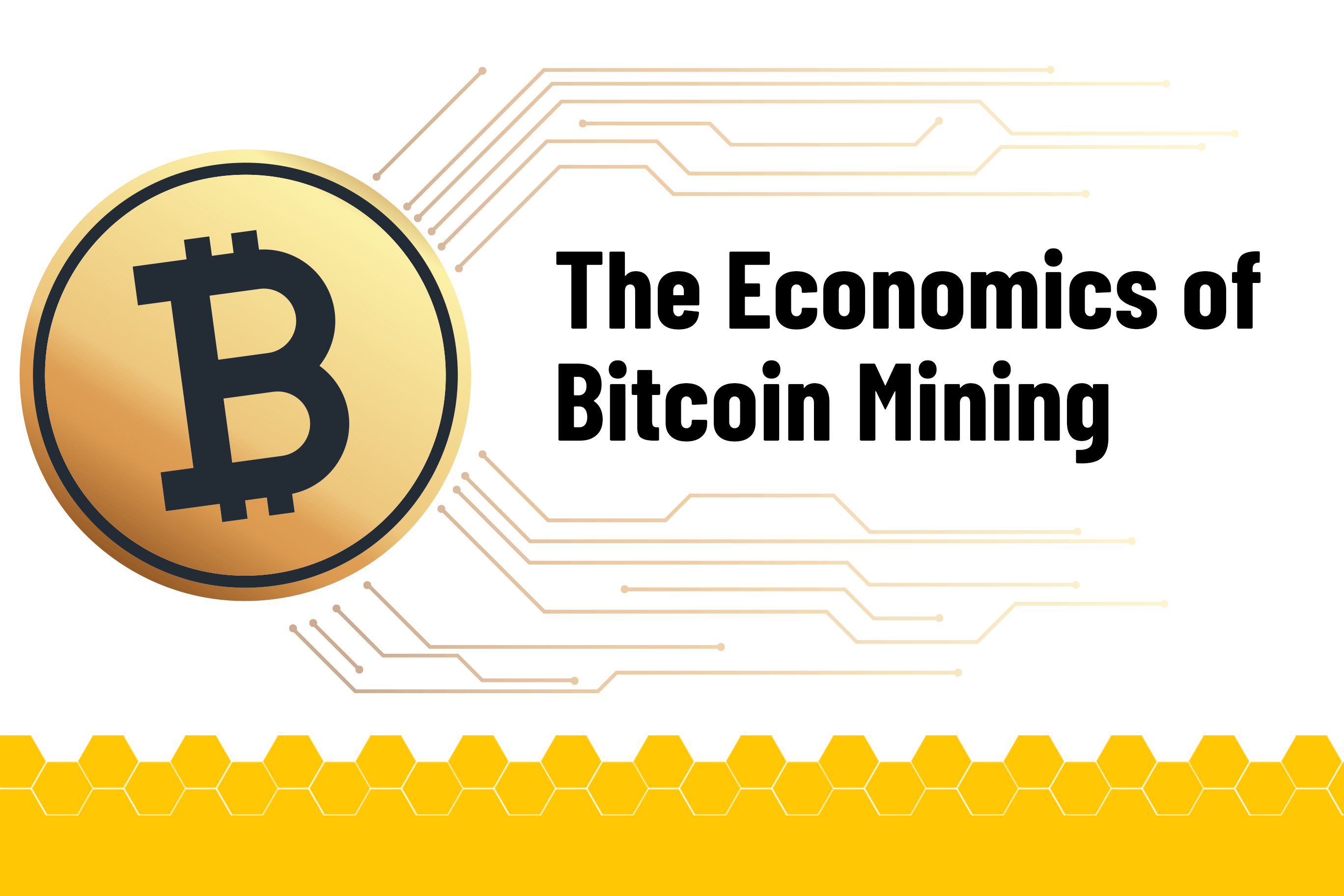
Bitcoin mining is an essential part of the Bitcoin network and is used to secure, validate, and verify transactions. Mining involves solving complex mathematical equations in order to create new blocks of data that are added to the blockchain ledger. Miners who successfully solve these equations get rewarded with a set amount of Bitcoin.
However, there's a significant amount of energy that goes into mining Bitcoin, which means mining operations require a lot of capital and resources to stay profitable. As Bitcoin's popularity grows, so does the competition among miners, making it increasingly difficult for miners to turn a profit. The cost of electricity, hardware, software, and labor all add up and can quickly eat away at profits.
To get started, let’s take a look at some of the key factors involved in Bitcoin mining.
The profitability of bitcoin mining is highly dependent on a variety of factors, including the cost of electricity, the cost of hardware, and the difficulty in mining new blocks. As competition increases and more miners enter the market, profits can be quickly cut as hash rates increase and block rewards decrease. Additionally, bitcoin prices are volatile, so even if a miner is able to make a profit today, that same profit could turn into a loss tomorrow if the price of bitcoin drops.
Bitcoin mining looks attractive at first glance, but it is important to remember that it requires significant capital and resources to turn a profit. Miners must be aware of current prices, competition, and trends in order to make sure they are staying ahead of the curve. Ultimately, miners who can find the right balance between cost efficiency and profitability will be best positioned for success.
Another key factor in the economics of bitcoin mining is energy consumption. As more miners join the network, more electricity is required to power all the machines involved in solving equations and creating new blocks. This has become a growing concern as some countries have begun to implement regulations on energy use for mining operations.
As it stands today, mining bitcoin requires a significant amount of energy, and this will only continue to increase as more miners enter the market. This means that miners must be aware of their electricity costs in order to stay profitable and may need to consider alternative options or sources of power to increase their profit margin.
To purchase the hardware necessary for mining Bitcoin, miners can expect to make a hefty upfront investment in the form of specialized ASIC (Application Specific Integrated Circuit) rigs or GPU (graphic processing unit) rigs. The amount they must spend depends on their desired hash rate or the computing power they need to solve the equations.
As the difficulty of mining rises and more miners join the network, specialized hardware becomes increasingly necessary. The total cost of hardware and maintenance can quickly add up, making it difficult for miners to stay afloat. Miners must also keep in mind the depreciation of hardware over time.
So, what is the typical Bitcoin mining cost? Taking into account all the factors discussed above, miners can expect to pay anywhere from 0.5-5 BTC per terahash of computing power in addition to electricity costs and other associated expenses. However, due to the ever-changing nature of Bitcoin and its volatility, these costs are always subject to change.
In simple terms, that translates to an approximate cost of $2,500 for a terabyte (1,000 gigabytes) of storage space and/or processing power. The Bitcoin you earn in exchange for the cost of mining will also depend on current market values and the difficulty of solving mathematical equations.
Ultimately, it is difficult to predict exactly how much Bitcoin miners can expect to earn since there are so many variables involved. Nevertheless, understanding the economics of Bitcoin mining can help inform decision-making and provide a better overall picture of what goes into mining operations. With the right resources and investments, miners can still make a substantial profit while helping to secure and verify the Bitcoin network.
The time it takes to successfully mine Bitcoin depends on the miner’s hardware, electricity costs, and other variables. In general, mining a single block can take anywhere between 10 minutes and 1 hour, depending on the network difficulty. The higher the difficulty, the longer it will take to solve each equation.
Miners can also join a pool in order to increase their chances of solving a block. By combining their resources and computing power, miners can reduce the time it takes to solve equations and earn more Bitcoin faster. However, these pooled mining operations usually come with a fee, which means that miners must be sure to factor this into their budget when making decisions.
The answer to this question will depend on your individual goals. If you're looking to generate a steady stream of income, then Bitcoin mining can be an attractive option as long as you are willing to put the necessary time and money into it.
However, if your goal is simply to add some Bitcoin to your crypto wallet, using a Bitcoin Depot BTM is an easy way to do so. With thousands of locations around the United States, there’s sure to be one near you!